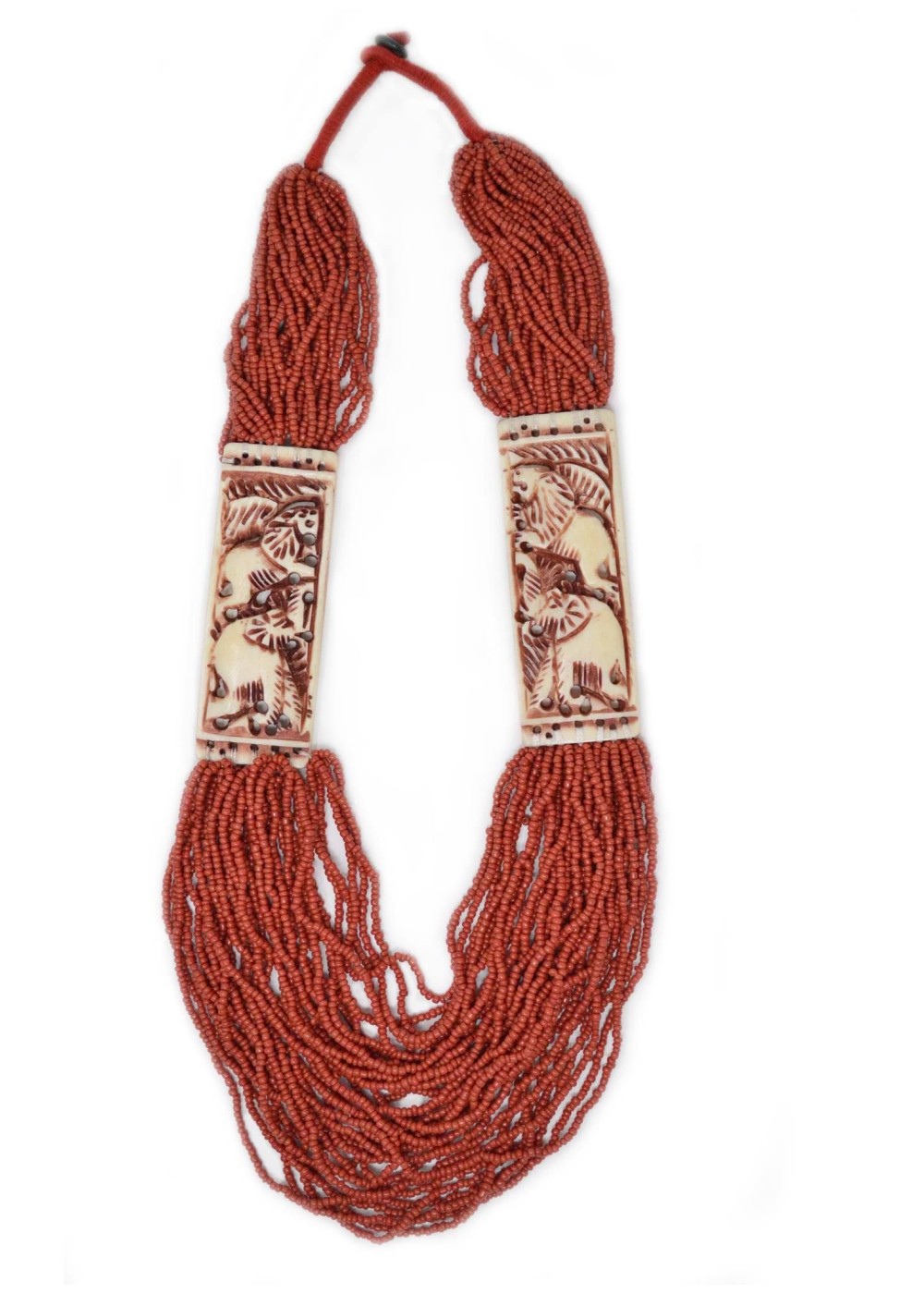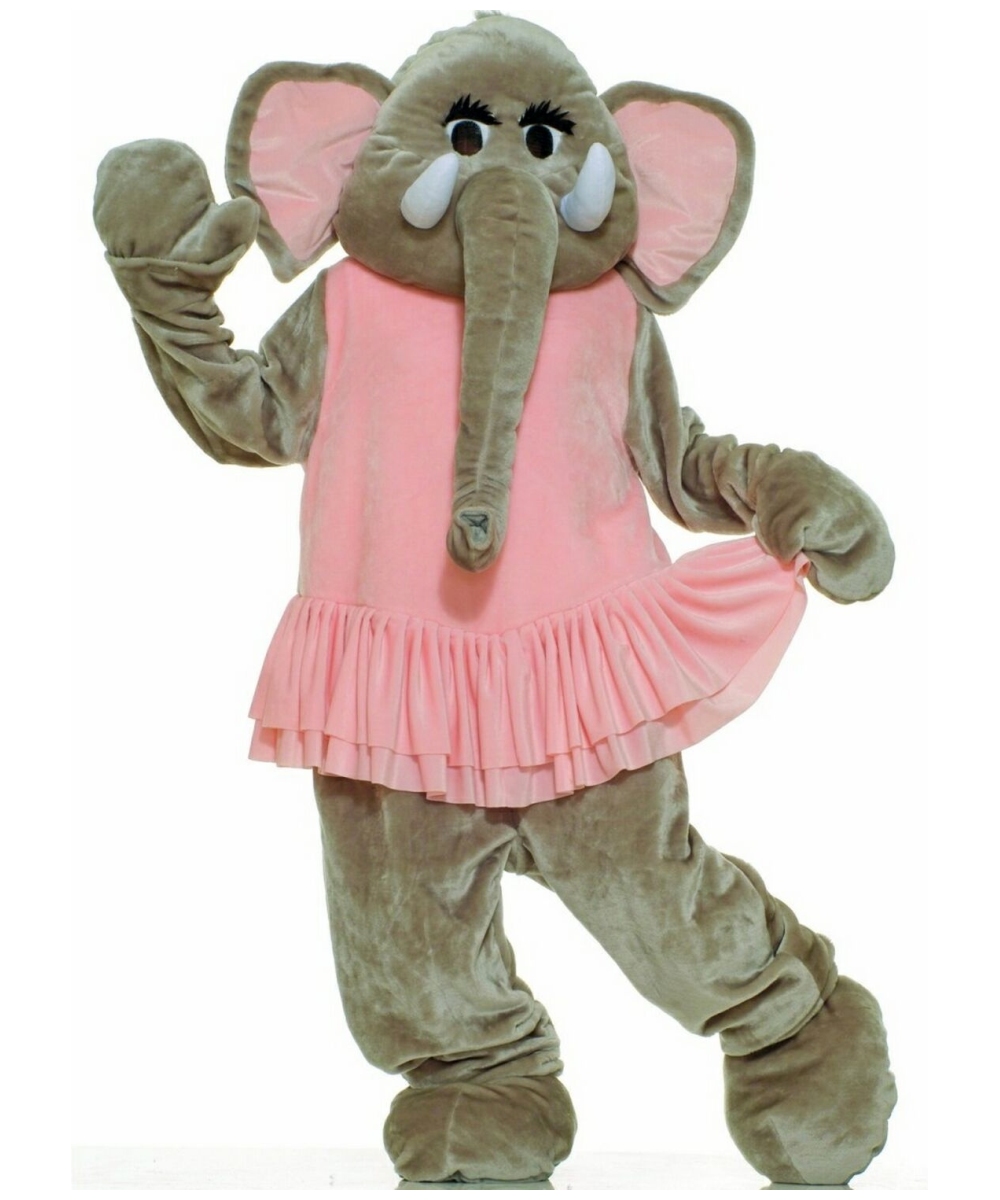-
Elephant Games: A Look At Thailand's Pet Elephants
Elephants are something of a perplexity - the world's largest land mammals are mainly a source of entertainment and diversion in the West, but what do we really know about the origins and current state of these massive marvels? Mitochondrial DNA testing and archaeological research proves that elephants are the evolved distant relatives of the Pre-historic woolly Mammoths, a main source of food for early hominids until driven to extinction some time after the Ice Age; and are shown to be native to sub-Saharan Africa and East Asia. Westerners are most accustom to seeing elephants in zoos and circuses, which, aside from the obvious ethical concerns; No where near captures the magic of seeing these magnificent beasts in their native habitats. As astonishing as it seems to us Westerners, it's a little-known fact that many East and Southeast Asians in India and Thailand still use them as modern-day work animals, lavishing attention upon them as one would a prized horse or dog. Journalist Burgess Meredith explores this curiosity in PBS' 1986 documentary, "The Elephant Games", where much of the Thai countryside is experiencing what has come to be known as an elephant "craze." It is reported that half a century ago, there were over 400,000 elephants in Thailand. Today, as a result of the illegal ivory trade and poaching, there are only around 4,000 left. Some domesticated, many wild. In the small town of Surin, elephants are showcased in a competition of size and strength. She and her film crew witness a team of 100 Thai soldiers engaged in a playful tug-of-war with an adult elephant, and surprise, surprise - the elephant wins. A game of "football" between young elephants and their mahouts, or trainers, is also seen. In another town, they get a glimpse of an elderly lady feeding an elephant from the palm of her hand, and then slapping it's trunk away as it pries her for more - almost as if the elephant were a genial Golden Retriever!


It's intriguing and even a bit terrifying to note how some individuals have managed to co-habit in their villages with these elephant ranges. One can't help but wonder if these villagers attempt to somehow "housebreak" them or even allow them to wander freely through the village square; Especially when there have been so many cases of young elephants, often believed to be drunk, wreaking havoc upon small towns and locals in India - destroying homes and even killing people. In recent years, tourists and film crews have flocked to rural locals like Chiang Mai to witness the phenomenon of so-called "painting" elephants and the like, which critics and animal welfare activists have dismissed as frauds; Insisting that baby elephants are put through a cruel and grueling training process designed to break them and fear their mahouts until they perform any tricks and sleight of hand simply out of terror. Some activists have gone as far as to discourage tourism to the Southeast Asian country in general, citing their lack of animal welfare laws and regulations, among other things. Actors Robert Pattinson and Reese Witherspoon received a tremendous amount of criticism from animal rights organizations like PETA for appearing in the film 'Water For Elephants', where Pattinson's character is given charge of the circus' new animal performer, an Asian elephant named Rosie. Revered by some and feared by others, treated as one of creation's miracles and sometimes nature's buffoon; Elephants are all-around majestic creatures that humans so often take for granted.
Despite scientific and zoological research proving that elephants possess a powerful memory, empathy
for their kind, and a degree of self-awareness, the world's second-largest mammal and largest land mammal is in danger. In danger of abuse and exploitation by profit-hungry entertainment moguls. In danger of being too easily dismissed by their human neighbors. In danger of extinction. In danger of being forgotten. The International Union For Conservation of Nature (IUCN) added African elephants to the list of vulnerable species in 2008, along with the Asian elephant, the latter considered increasingly endangered. It is curious to note that although elephants have been worshiped and revered as holy animals by numerous East Asian and Southeast Asian religions through out the millenia and even to this day, relationships between humans and elephants in Asia have not fared much better. Stricter anti-poaching laws and environmental engineering proposals are currently being decided on in Thailand several other countries, and one can only keep their fingers crossed. Unless radical measures are taken, a future without elephants is not too far-fetched.Video from Elephant Sanctuary Thailand




